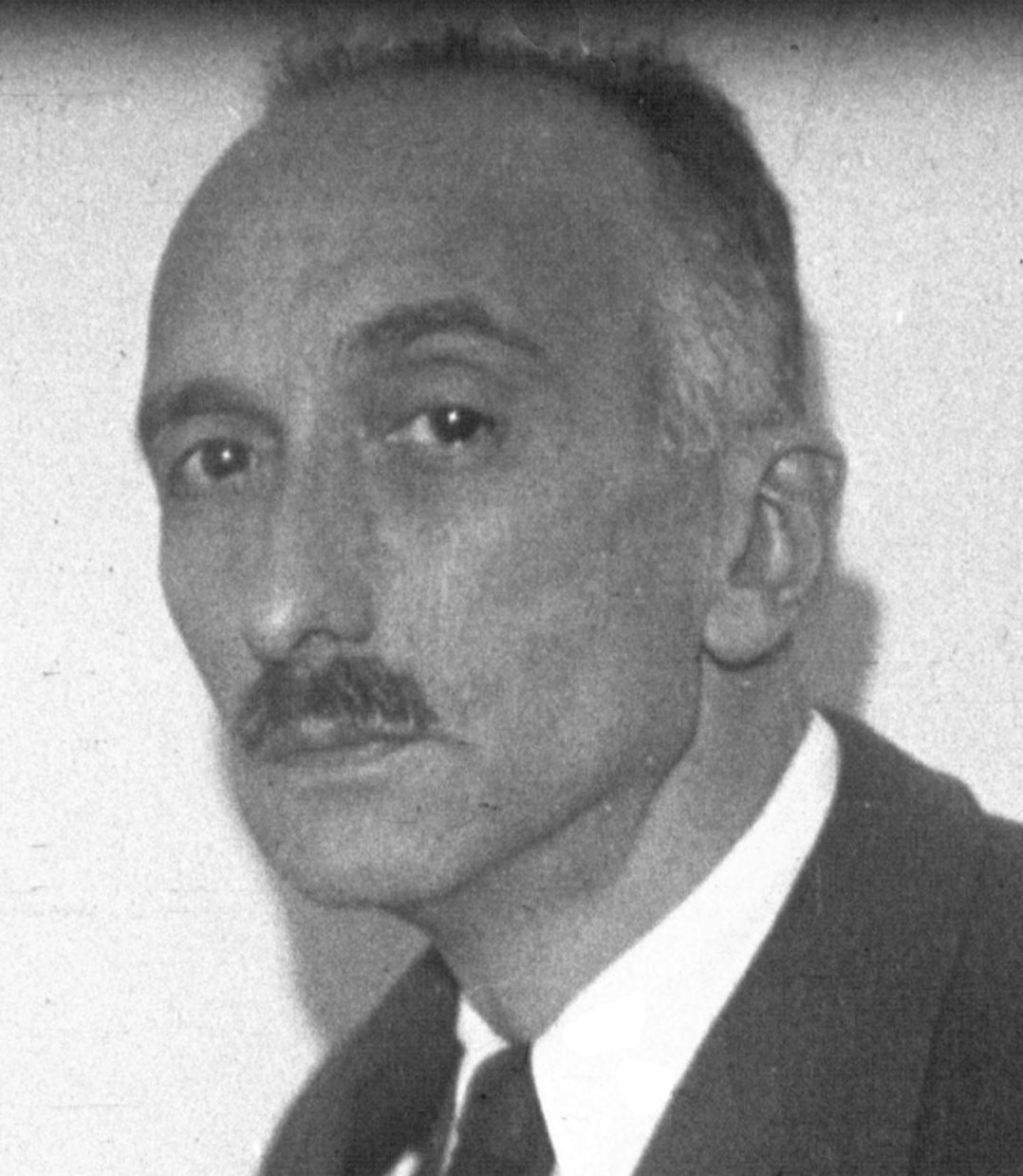Dzieło
Kłębowisko żmij
François MauriacFrançois Mauriac słynne cytaty
„Czas jest najlepszym nauczycielem, ale nieczęsto ma dobrych uczniów.”
Źródło: Jarosław Gronert, Astrologia od początku, Pabianice 2007, s. 33.
François Mauriac Cytaty o ludziach
François Mauriac cytaty
„W osamotnieniu nie można zachować wiary w samego siebie.”
Kłębowisko żmij
François Mauriac: Cytaty po angielsku
Źródło: Viper's Tangle
“Somewhere between these, thousands of children inhabit a voiceless hell.”
Journal, 1932-1939 (Paris: Table ronde, 1947) p. 278; Adrienne Foulke (trans.) Second Thoughts (Plainview, NY: Books for Libraries Press, [1961] 1973) p. 148.
Kontekst: Where does discipline end? Where does cruelty begin? Somewhere between these, thousands of children inhabit a voiceless hell.
Vie de Jésus (Paris: Flammarion, 1936) p. 257; Julie Kernan (trans.) Life of Jesus (New York: David McKay, [1937] 1951) p. 223.
Kontekst: Very little would have been needed for the tears of Judas to be allied in the memory of mankind with those of Peter. He might have become a saint, the patron of all of us who constantly betray Christ.
Ce qui fait le poète, n'est-ce pas l'amour, la recherche désespérée du moindre rayon de soleil d'autrefois jouant sur le parquet d'une chambre d'enfant?
Préséances (1921), cited from Oeuvres romanesques, vol.1 (Paris: Flammarion, 1965) p. 301; Gerard Hopkins (trans.) Questions of Precedence (London: Eyre & Spottiswoode, 1958) p. 46.
Le mythe de Prométhée signifie que toute la tristesse du monde a son siège dans le foie. Mais qui oserait reconnaître une vérité si humble?
Le Nœud de vipères (1932), cited from Oeuvres romanesques, vol. 2 (Paris: Flammarion, 1965) p. 166; Gerard Hopkins (trans.) Knot of Vipers (London: Eyre & Spottiswoode, 1951) p. 151.
Presque tous les hommes ressemblent à ces grands palais déserts dont le propriétaire n'habite que quelques pièces; et il ne pénètre jamais dans les ailes condamnées.
Journal, 1932-1939 (Paris: Table ronde, 1947) p. 6; Adrienne Foulke (trans.) Second Thoughts (Plainview, NY: Books for Libraries Press, [1961] 1973) p. 142.
“I love Germany so much I'm glad there are two of them.”
J’aime tellement l’Allemagne que je suis heureux qu’il y en ait deux.
As quoted in The Rough Guide to Germany (2004) by Gordon McLachlan, p. vii.
On atteint aisément une âme vivante à travers les crimes, les vices les plus tristes, mais la vulgarité est infranchissable.
Le Nœud de vipères (1932), cited from Oeuvres romanesques, vol. 2 (Paris: Flammarion, 1965) p. 190; Gerard Hopkins (trans.) Knot of Vipers (Harmondsworth: Penguin, [1951] 1985) p. 193.
